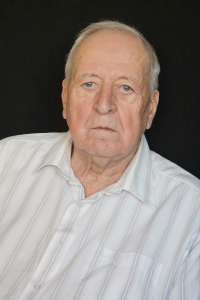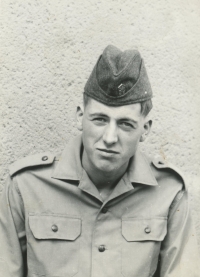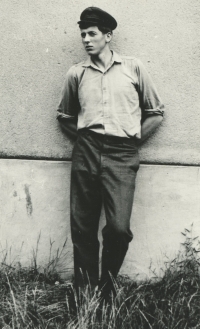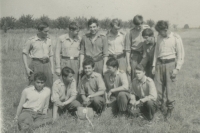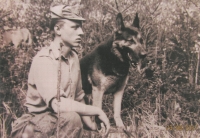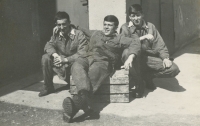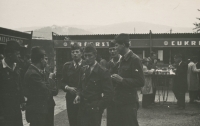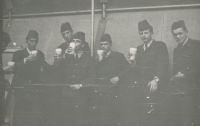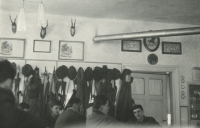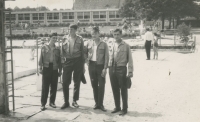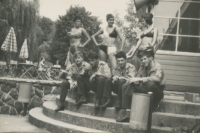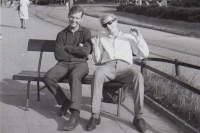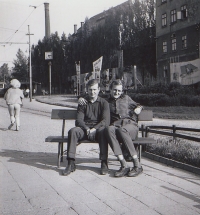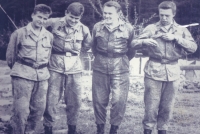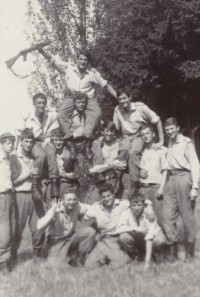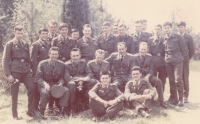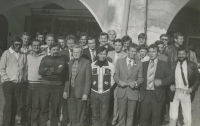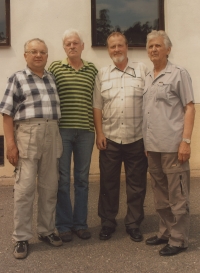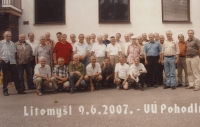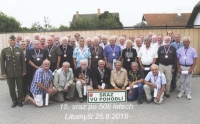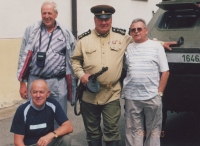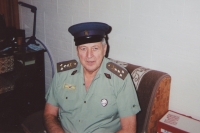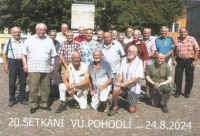The Poles told us their whole country was waiting for its Dubček
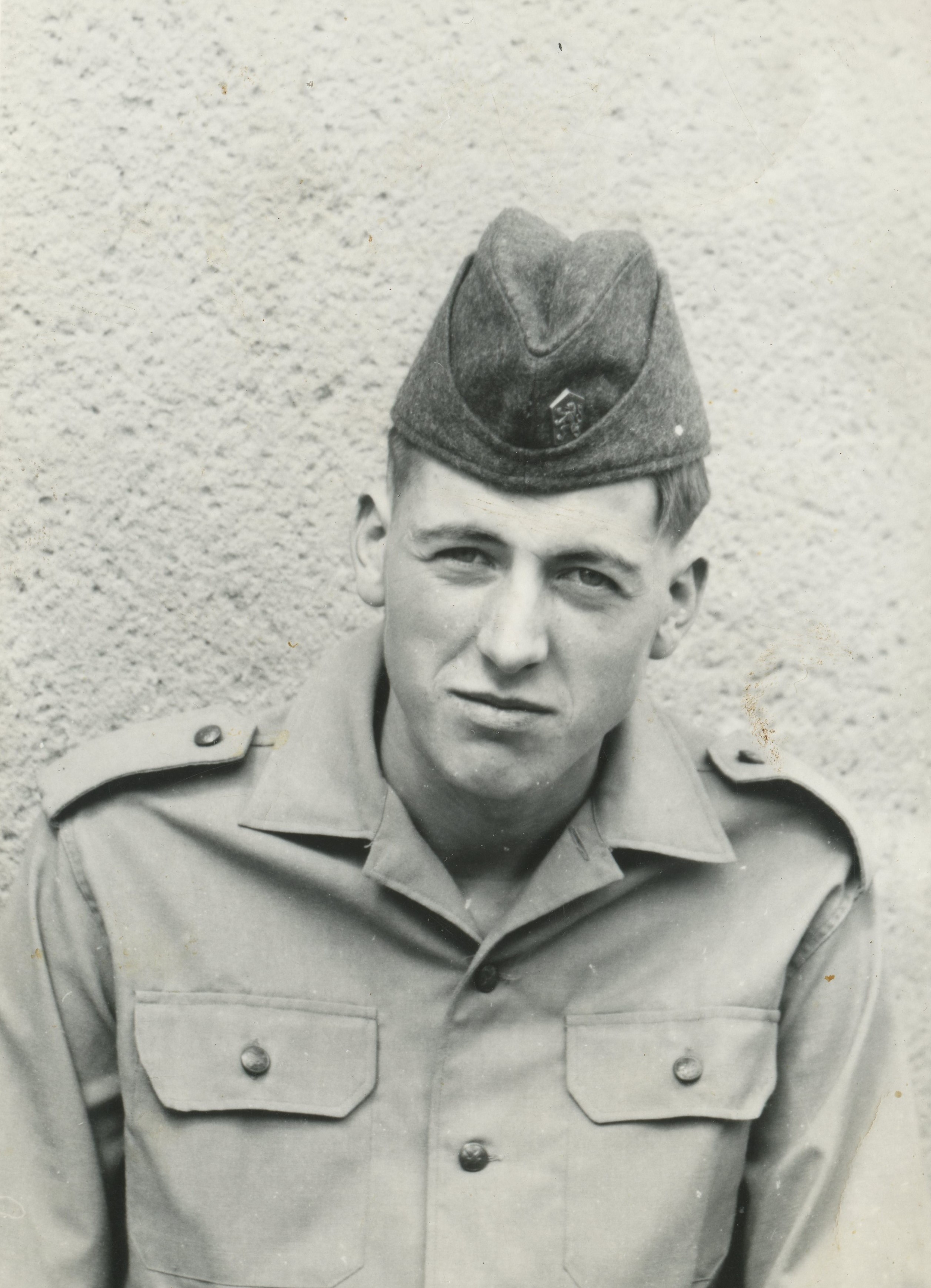
Stáhnout obrázek
Milan Štrajt was born on 11 December 1947 in Moravská Třebová where he also got his training. He worked briefly in a cutlery factory, joining the military in 1966. He served at a garrison near Pohodlí by Litomyšl tasked with protecting the short and medium wave transmitters and the jammers of the Free Europe broadcasts. During his service, he witnessed the invasion of Warsaw Pact troops in August 1968, with Polish soldiers landing and invading the premises on the third day of the invasion. The expected armed clash did not take place eventually. After his military service, he got back to work in Moravská Třebová and began studying an evening school. During his background checks, he spoke about the occupation and collaborators and did not pass. He was also expelled from the Communist Party, which he joined in the excitement of the Prague Spring in early 1968. He got married in 1970 and the family had two children. His career progression was halted due to his cadre profile. He became involved in Svazarm primarily out of concern for the future of his children, first as a medic in shooting competitions and later as a leader of the conscription training groups. From 1986 on, he organised reunions of the soldiers who had witnessed the 1968 August invasion with him at the Pohodlí transmitter. After the Velvet Revolution he started his own business and later entered municipal politics with ANO. He was widowed in 2022. In 2024 he lived in his family home in Moravská Třebová.

